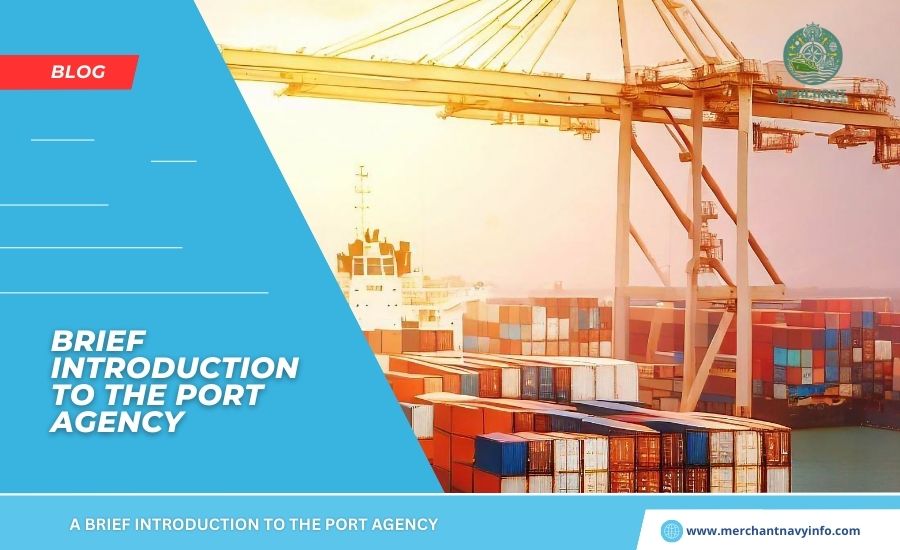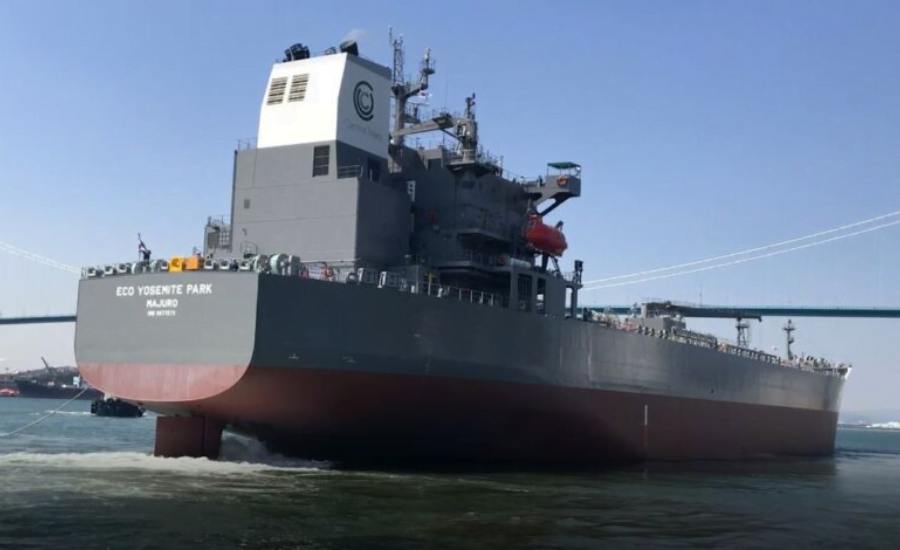
Working on a ship can be an exciting and rewarding career path. This is especially true for individuals looking to explore the world while earning a living. You might be wondering if it’s possible to work on a ship with no experience in the maritime industry. In this article, we will take a deep dive into the various aspects of starting a career at sea. the best part is, that it is without any prior experience. We’ll cover everything such as the requirements and training needed for the entry-level job opportunities available. We’ll provide insights to help aspiring seafarers navigate the waters of beginning a career on ships.
Introduction to Working on Ships
Overview of the Maritime Industry
Working on ships isn’t just about swabbing the deck and singing sea shanties, as fun as that sounds. The maritime industry is a vast world of opportunities. It comes with various roles and responsibilities to suit different skills and interests. From cargo ships to luxury yachts, there’s a ship out there for everyone.
Types of Jobs Available on Ships
There’s more to ship life than being a captain or a sailor. Jobs on ships cover a wide range of roles. There are engineers, chefs, electricians, and more. You might just be a newbie looking to get a start in the maritime world. You could even be a seasoned sailor ready to navigate new waters. Just remember, there’s a job on a ship out there for you.
Requirements for Working on a Ship with No Experience
Age and Health Requirements
To work on a ship, you’ll need to meet certain age and health requirements. You will be glad to know that there is no age limit for working on a ship. However, you’ll need to be in good health and physically fit to handle the demands of ship life. So, make sure you’re ready to handle the pressure before you dive in!
Background Checks and Security Clearance
Getting into this industry is kinda like getting into an exclusive yacht party. If you want to work on a ship, you are going to have to be ready to undergo background checks. Your past might come back to haunt you if you’ve got a shady history. So make sure your record is as clean as a freshly scrubbed deck before setting sail.
Training and Certifications Needed
STCW Certification
STCW stands for “Standards of Training, Certification, and Watchkeeping.” Getting this certification is like unlocking a special achievement in the world of maritime work. It shows you’ve met the international standards for safety and competence at sea. This further shows that you can be trusted to keep calm and carry on in any situation.
Basic Safety Training Courses
Before you start living the high life on a ship, you’ll need to complete some basic safety training courses. Think of it as Ship Safety 101. You’ll learn how to tackle emergencies, handle firefighting equipment, and rescue those in distress. It’s like being a superhero but with more life jackets and less red capes!
Entry-Level Job Opportunities on Ships
Deckhand Positions
Deckhands are the unsung heroes of the ship. They are responsible for taking care of everything from mooring lines to cargo handling. It’s a hands-on role that will have you working hard. Like, what better way is there to get a taste of life at sea? Plus, you’ll get to wear a cool sailor’s hat – what’s not to love?
Galley Assistant Roles
If you’ve got a knack for cooking up a storm, a galley assistant role might be your best bet. From prepping meals to keeping the kitchen shipshape. This means you’ll be an essential part of keeping the crew well-fed and happy. Just be prepared for the occasional wave of food puns. There’s no doubt that they’re bound to happen in a gallery setting.
Advantages and Challenges of Working on a Ship with No Experience
Pros of Starting a Career at Sea
Embarking on a career at sea with no prior experience can offer a sense of adventure. It gives you the opportunity to travel to different places! You even get the chance to learn new skills in a unique environment. Starting fresh can also mean fewer preconceived notions. This ends up allowing you to approach the job with fresh eyes and enthusiasm.
Common Challenges Faced by Beginners
Navigating the ropes of a new industry can be daunting. Challenges for beginners may include adjusting to life at sea, acclimating to a new routine, and learning how to work in a confined space with a diverse crew. Additionally, understanding maritime regulations and safety procedures can be overwhelming at first.
Tips for Landing a Job on a Ship with No Experience
Networking in the Maritime Industry
Building a network within the maritime industry can open doors to job opportunities. Attending industry events, connecting with professionals on social media platforms, and reaching out to individuals already working in the field can help you learn about job openings and gain valuable insights.
Preparing a Strong Resume and Cover Letter
When applying for a job on a ship with no prior experience, focus on highlighting transferable skills such as teamwork, adaptability, and a strong work ethic. Tailor your resume and cover letter to showcase your enthusiasm for the industry and willingness to learn. Emphasize any relevant experience or certifications that demonstrate your commitment to working at sea.
Career Growth and Development in the Maritime Industry
Potential Paths for Advancement
While starting with no experience, there are various paths for advancement in the maritime industry. By gaining experience and obtaining necessary certifications, you can progress from entry-level positions to roles with more responsibilities. These roles consist of things such as officer or captain. Continuous learning and dedication can lead to a fulfilling career at sea.
Further Education and Specializations in Maritime Careers
To enhance your skills and opportunities for career growth, consider pursuing further education or specialized training in areas such as marine engineering, navigation, or maritime law. Additional certifications and qualifications can not only broaden your knowledge but also make you a more competitive candidate for advanced positions within the industry.
In conclusion, while working on a ship with no experience may seem daunting, it is indeed possible with the right preparation, training, and determination. By understanding the requirements, pursuing necessary certifications, and exploring entry-level job opportunities, individuals can embark on a fulfilling journey in the maritime industry.










